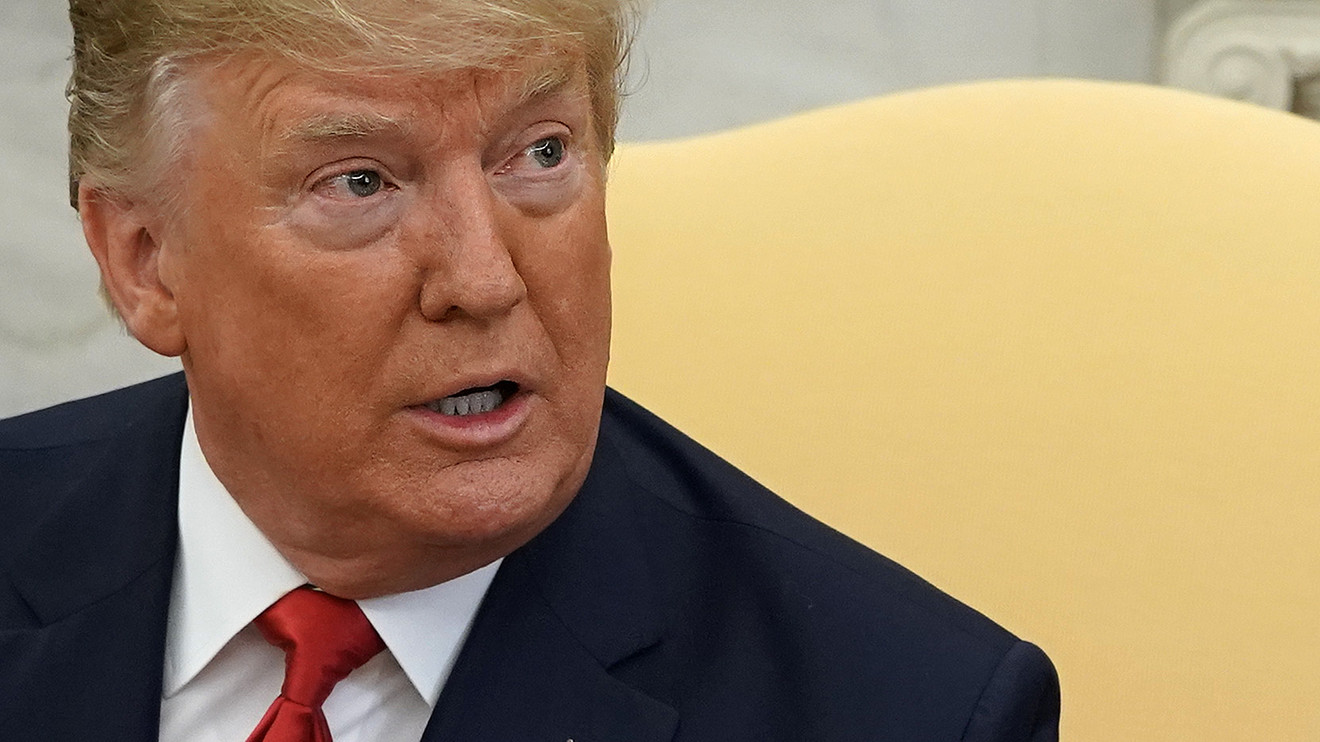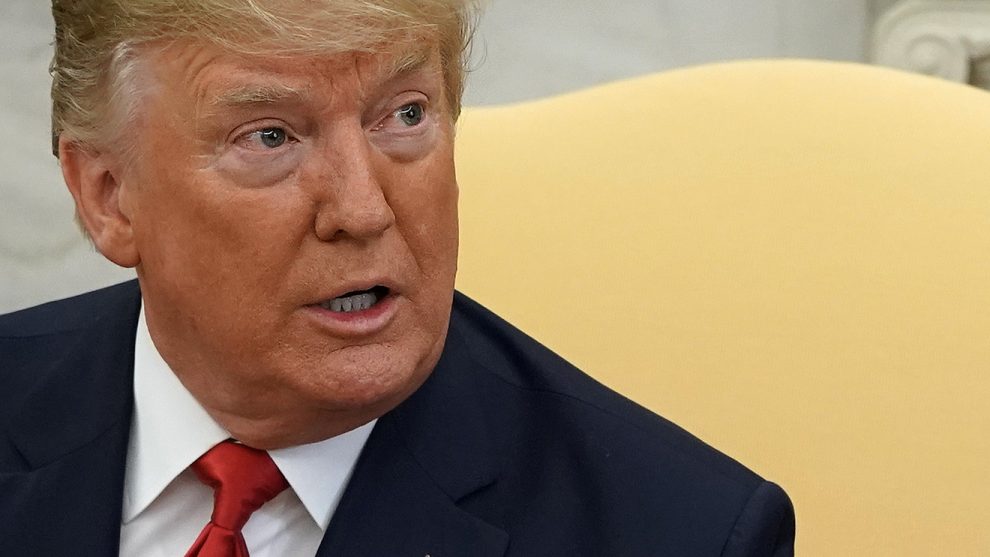
A new court decision ruling President Donald Trump violated the First Amendment by blocking Twitter critics is a big win, civil liberties experts say — and not just for the president’s blocked detractors.
It’s a victory for every aggrieved taxpayer hoping to tweet criticism at their public officials, and every local resident ready to communicate their discontent about a school system budget or a municipal ordinance on a politician’s Facebook page, they said.
On Tuesday, the Second Circuit Court of Appeals unanimously upheld a lower court decision, which said the commander-in-chief with almost 62 million followers breached the free speech rights of certain critics when he blocked them on the social media platform.
The ruling from the three-judge panel focused only on how Trump used his Twitter account, but David Greene, civil liberties director and senior staff attorney at the Electronic Frontier Foundation, said the high-profile decision could have far-reaching effects.
For ordinary Americans, the decision “means that their local government officials need to unblock critics and their local officials have to stop deleting comments that are highly critical of them,” he told MarketWatch.
The decision joined appellate decisions from two different federal circuits this year siding with stymied online critics, according to Greene.
One January ruling was connected to a Virginia county official’s efforts to ban an outspoken resident from a Facebook page. An April ruling related to deleted comments on the Facebook page for a Texas county sheriff’s office inviting “positive” comments.
“There’s really no dispute now, that social media accounts [for public officials and public offices] as they are commonly used, create some type of forum in which the public has a right to participate,” Greene said.
Despite emerging legal consensus, Greene said “the practice of blocking critics and removing comments is really rampant — rampant in the U.S. and rampant around the world.” His organization is pressing several lawsuits on the issue.
But it’s a different story when it comes to companies blocking online critics, because the private companies aren’t “state actors,” Greene said. If a blocked online commenter sued, “making First Amendment arguments, it would disappear pretty quickly,” he said.
Americans are now saturated in social media. Seven in ten American adults have FB, +1.24% accounts, according to the Pew Research Center and there are approximately 68 million monthly active Twitter TWTR, -0.66% users in America.
It’s common to see all sorts of public agencies relaying information through social media accounts, Greene noted in a friend of the court brief to the Second Circuit. In fact, Facebook even established a “town hall” feature in 2017 allowing residents contact public officials through the site, his court filing said.
Judge Barrington Parker, writing for the panel in the Trump decision, said the decision came “at a time in the history of this nation when the conduct of our government and its officials is subject to wide-open, robust debate.”
He added, “We remind the litigants and the public that if the First Amendment means anything, it means the best response to disfavored speech on matters of public concern is more speech, not less.”
Like Greene, Esha Bhandari, a staff attorney at the American Civil Liberties Union’s Speech, Privacy, and Technology Project, said the decision was about more than Trump blocking naysayers.
“This ruling should serve as a lesson to all public officials, not just President Trump, that blocking critics from an official social media account is unconstitutional,” Bhandari said. “ Social media is the new town hall — once an official opens either up to the public, they can’t selectively exclude those whose views they disagree with.”
Late last year, the ACLU of Maine settled a case with the state’s governor at the time, Paul LePage. The organization represented two women blocked from LePage’s Facebook page and the settlement terms required the women’s unblocking and an end to comment deletion.
Department of Justice spokeswoman Kelly Laco said, “We are disappointed with the court’s decision and are exploring possible next steps. As we argued, President Trump’s decision to block users from his personal Twitter account does not violate the First Amendment.”
A Twitter spokesman declined to comment.
Twitter shares are up about 30% from the start of the year, while Facebook shares are up more than 50%. The S&P 500 SPX, +0.58% is up more than 18% in that time and the Dow Jones Industrial Average DJIA, +0.46% is up almost 15%.











Add Comment